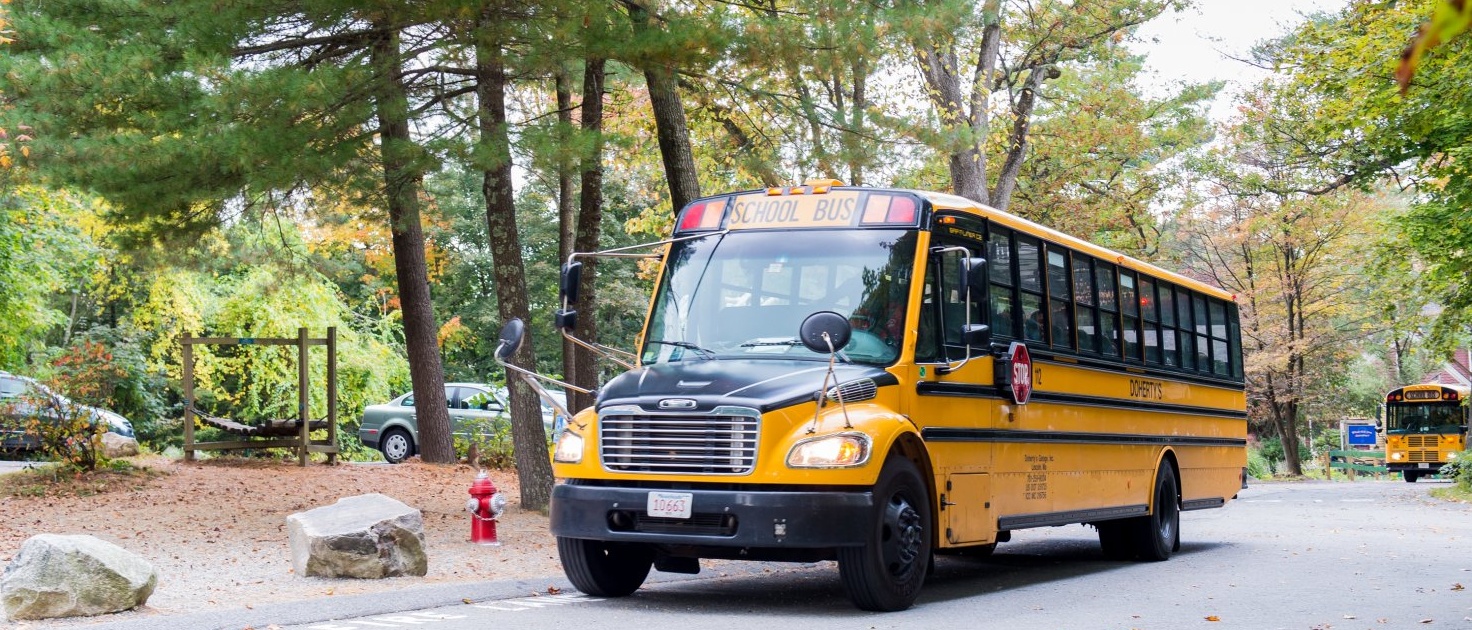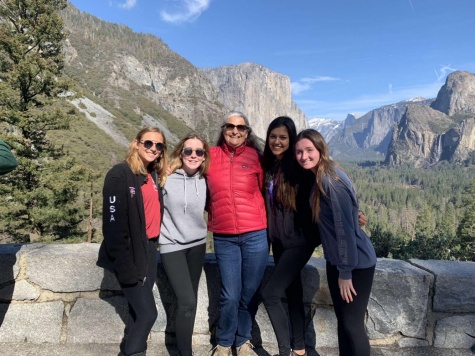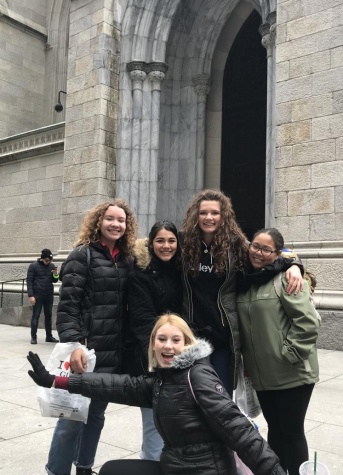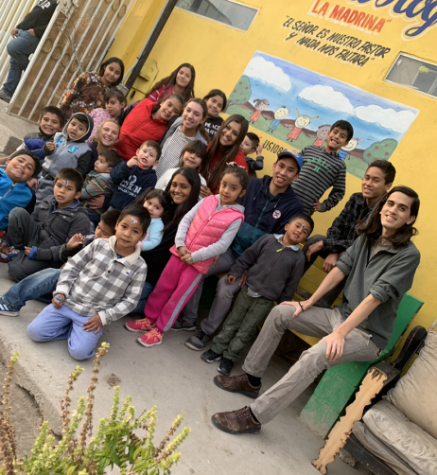
By: Kaitlyn Harsey | Writer
March 4, 2020
Every once in a while, students are faced with an ultimatum: going on an unforgettable field trip or missing their classes. For example, Mr. and Mrs. Kerr take their students on field trips to the San Onofre Nuclear Power Generating Station and Yosemite Valley, while Honors Anatomy goes to a human cadaver lab once a year. We also have classes like Marine Science and AP Biology that go to Catalina for a few days. Extracurriculars, like choir, also takes their students to festivals to compete. Additionally, our school even has clubs like model congress and international student outreach that travel outside of the schoolroom.

“These trips bring value to an outdoor ed classroom–you can’t just teach these experiences in a classroom,” San Clemente High School teacher Mr. Kerr said. “I believe it is extremely valuable for my students to venture out of the classroom.”
“Going on the model congress trip was amazing and it gave me real experience in high stress situations, ” SCHS junior Gavin McAlpin said. “It was unforgettable and I don’t regret missing four days of school.”
The teachers that host these trips understand that some students won’t go in fear of their grades, but still, they host these trips for the students who want to experience what it’s like to do field work.

“They’re pretty good learning opportunities and give students a chance to explore what they are interested in,” SCHS teacher Mr. Johnson said. “I approve them, want my students to go on them, and I would never decline a field trip permission slip.”
Some teachers are very supportive of their students going on these once in a lifetime opportunities, but they still hold their students accountable for the work they are missing. For example, they will tell their students that are missing about the tests they will be making up and the amount of time they have to take them before it counts as a zero.
“I support an immersive education, but sometimes trips are too abundant, which means too many absences,” SCHS teacher Mr. Popovich said. “I hold my students entirely accountable for what they miss even if there’s a test when they get back.”
On the other hand, some teachers find these field trips as a nuisance that leaves the students behind on work and creates more issues with late work. Some teachers even believe that field trips are unnecessary and shouldn’t be planned for these classes.

Teachers that were considerably upset about the trips declined to officially comment on the subject.
“I was worried about going on the Yosemite field trip because I was sick the week before, so I decided to stay at school and catch up on tests and make up work,” SCHS junior Hayden Hall said. “I regret it and I wish I would’ve gone on the trip.”
Sometimes these types of teachers are the ones that leave students questioning if they should go on the field trips or not. Usually, since so many students are missing, teachers will alter their curriculum, leaving the students that didn’t go on the field trips feeling left out and unhappy about their decisions on staying.
Overall, students usually go on field trips not in spite of the teachers, but to go have fun for a day in an outdoor classroom. Most teachers are understanding and supportive, sometimes even upset that their classes don’t get amazing field trips.
In the end, teachers will always wish you to have an amazing trip, sarcastically or not.

Leave a Reply